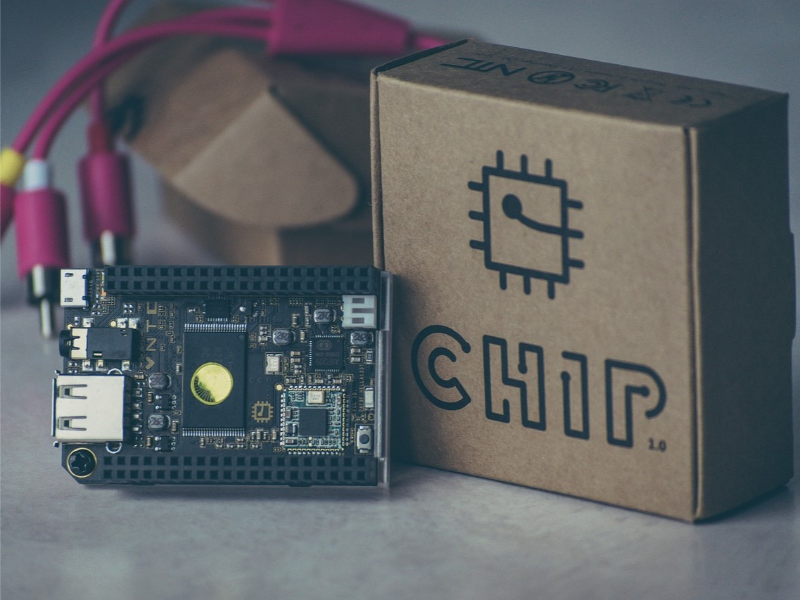- Huawei’s Zhang Ping’an dismissed AI chip shortage concerns, emphasising innovation in cloud computing to maintain China’s AI leadership.
- Huawei’s Ascend chip and integrated technology strategies aim to drive China’s AI sector forward despite U.S. restrictions.
OUR TAKE
Huawei’s proactive response to AI chip shortages underscores its resilience and innovation amid global technological challenges. Led by Zhang Ping’an, Huawei emphasises cloud computing and innovative architecture to bolster its AI capabilities, showcasing a strategic shift towards self-sufficiency in chip technology. As global supply chains face disruptions, Huawei’s focus on developing robust, scalable computing solutions positions it at the forefront of the AI revolution, promising a future where technological self-reliance drives industry innovation.
–Jasmine Zhang, BTW reporter
What happened
A senior executive at Huawei, Zhang Ping’an, CEO of Huawei Cloud, dismissed concerns that the shortage of advanced AI chips would hinder China’s AI leadership. Speaking at the World AI Conference in Shanghai, Zhang acknowledged China’s limited computing power but emphasised that relying solely on advanced AI chips is not the ultimate solution for AI infrastructure.
Amid tighter U.S. restrictions on AI chip shipments to China, including Nvidia’s sales ban, Huawei has developed its own AI chip, Ascend, though it is considered inferior to Nvidia’s offerings. Zhang advocated for innovative approaches focusing on cloud computing to offset the lack of advanced chips and called for a converged approach combining cloud, edge, and networks to reduce energy consumption and improve efficiency.
He highlighted Huawei Cloud’s leadership in providing such solutions, suggesting that innovation in computing architecture could help China overcome its current technological challenges. Zhang stressed the importance of a comprehensive strategy that integrates various technologies to maintain progress and efficiency in the AI sector.
Also read: Chinese chip maker SMIC may have violated US law to make Huawei chip
Also read: 5.5G: A stepping stone from Huawei on the path to 6G
Why it’s important
Huawei’s proactive approach to overcoming AI chip shortages is praiseworthy and highlights the company’s resilience and ingenuity. Zhang’s focus on cloud computing and innovative architecture demonstrates Huawei’s commitment to maintaining AI leadership through resourceful solutions. This strategy reflects Huawei’s tough and confident approach to challenges and encourages people to get rid of their dependence on advanced chips.
This approach reflects a broader vision of technological independence and innovation, ensuring that Huawei remains at the forefront of the AI sector. The company’s emphasis on converged technology solutions could potentially inspire similar strategies across the industry, driving a new era of AI development that prioritises flexibility and adaptability.
Zhou Hongyi, founder of 360, lauded Huawei in a recent media interview. He praised Huawei Cloud for its robust foundation in the cloud services market. Additionally, Zhou Hongyi highlighted Huawei’s breakthroughs in computing chips, noting that Huawei stands alone in China for its ability to supply large-scale computing power chips after facing key technology limitations, drawing comparisons to Nvidia.

